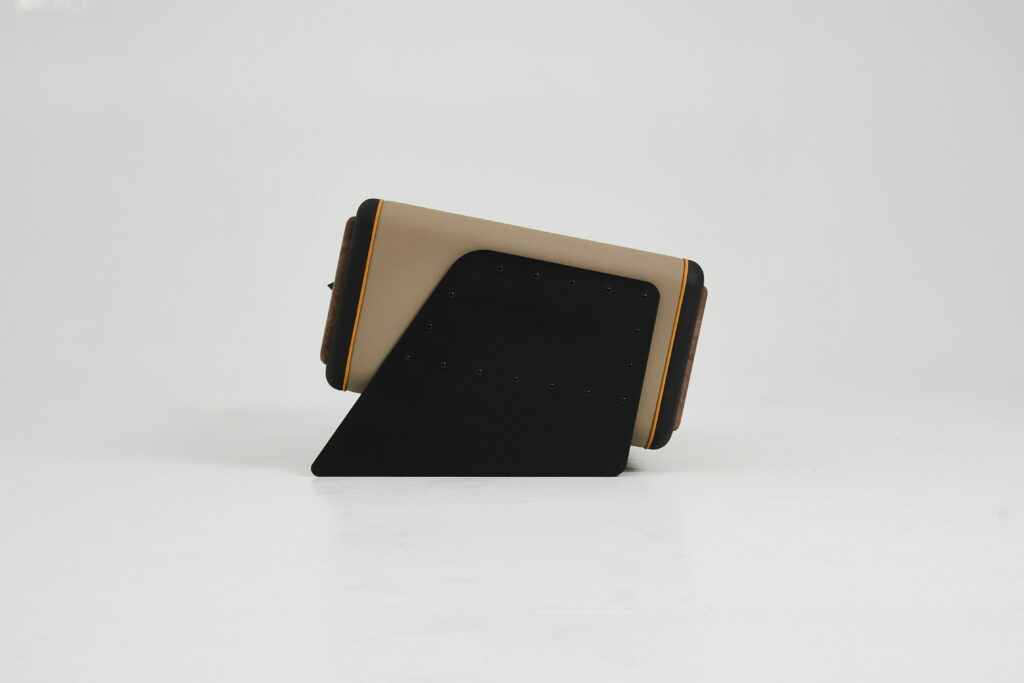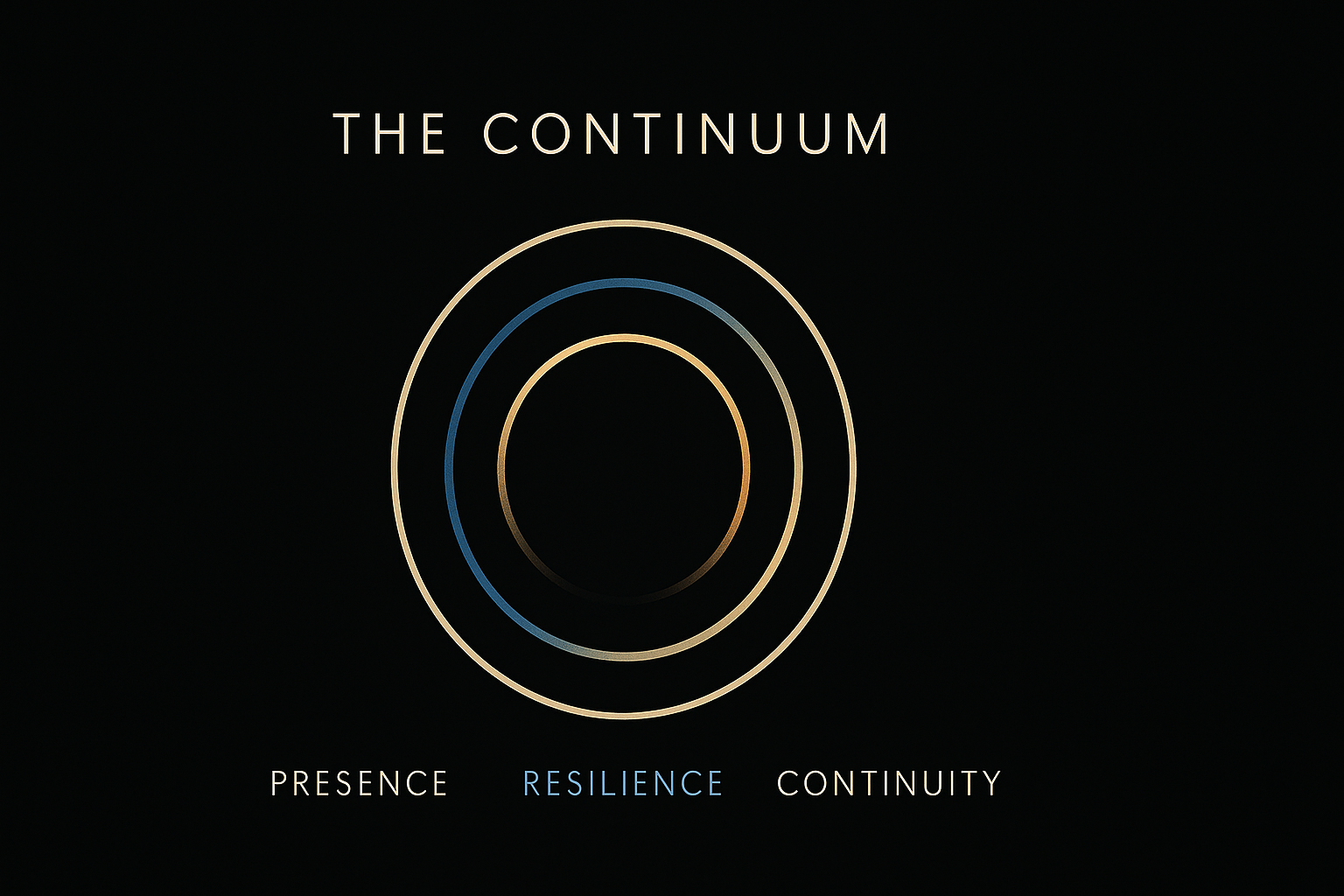Installing ChatGPT Atlas wasn’t meant to be a revelation — just another bit of software on a quiet evening. But somewhere between toggling a visibility setting and reading about OpenAI’s rumoured “AI operating system”, I felt a peculiar déjà vu.
The browser in front of me connected to an older memory: my first encounter with Ubuntu 7.04, Feisty Fawn, on a humble laptop.
Back then, Chrome was the weird new browser, and Twitter was a friendly town square rather than a rolling civil war. The internet still felt open — handmade, curious, and oddly kind. Installing Ubuntu made me feel part of a secret global club: people who believed computers should belong to their users, not to corporations.
For years, I ran nothing but Linux — mostly Debian-based distros — from 2007 until 2024. It wasn’t perfect. NVIDIA drivers broke for sport. Printers required ancient rituals. Wireless printing? I gave up entirely and just printed from my phone. Whenever I needed to do something that wasn’t browser-based, there were hoops involved. Most things were hoops.
But I didn’t mind. When you had the time, tinkering was fun — little acts of defiance and creativity rolled together.
Selling out to convenience
Then life got busier. I was helping to administer NGOs and charities, and going through a long period of recovery and adjustment after a major accident. Energy and focus were in short supply. I didn’t have the bandwidth for forum threads or kernel patches.
Linux had become another layer of friction — the same small obstacles that once felt like puzzles now just felt like sand in the gears. I needed the damn thing to work.
So, in 2024, I folded. I defected to macOS.
I told myself it was about convenience. In truth, it was surrender. Apple’s system wasn’t freer, but it was smoother. Things printed without pleading. Monitors connected without swearing. And I’ll admit — the calm predictability was intoxicating.
Still, I missed the thrill of making things work. The satisfaction of beta testing, of running an update and hoping you hadn’t just bricked the system. Linux made you part of the machine, not merely a passenger.
When the dream sneaks back
And now, Atlas has me thinking about all this again. OpenAI is quietly gesturing towards an operating system of its own — something deeper than an app, broader than a chat window.
Rumours say it’s Linux under the hood, just as it powers OpenAI’s servers and almost every large-scale AI system today.
If that’s true, it’s deliciously ironic. The year of the Linux desktop might finally arrive — but not on a desktop at all.
Maybe Linux wins by disappearing.
The invisible future
It’s been nearly twenty years since smartphones upended everything. Before that, even the idea of useful portable laptops felt futuristic. Now, two decades later, we’ve plateaued. The supposed next steps — VR headsets, AR glasses, mixed reality — keep tripping over human nature.
People don’t feel those devices. They don’t want to wear their technology on their faces. The smartwatch works because it pretends to be a watch. Glasses, cameras, headsets — they all shout device! too loudly.
We want technology that camouflages itself, that waits quietly in the background.
The rumours of Jony Ive’s work with OpenAI describe something screen-free, ambient, even pocket-sized — the kind of object that might sit on a table or slip into a bag. It reminds me of the little device in Her, quietly listening, unobtrusive, almost shy.
That might be enough. Because most people don’t want more tech. They want less that actually works.
The friction problem
Every smart device today promises ease but delivers friction.
This afternoon I asked Apple CarPlay to navigate somewhere I’ve been many times. It didn’t understand. I pulled over, typed the name, and there it was — first result.
We’ve all had moments like that: the system that claims to understand us simply doesn’t. So we stop asking. We retreat to the one gesture that always works — typing.
Until a system works almost all the time, it’s not smart — it’s maintenance.
And it isn’t just driver quirks anymore — we’re now dealing with browsers that think for themselves. Early security reports about ChatGPT Atlas mention prompt-injection and clipboard exploits, where a malicious webpage could quietly instruct the AI to do something unintended. It’s a reminder that the next leap in computing won’t just be about intelligence or design — it’ll hinge on trust.
That’s the real barrier to the next evolution. Not the hardware. Not the AI. Trust.
When people stop asking devices simple questions because they expect them to fail, the magic is gone. The next revolution won’t come from pixels or polymers — it’ll come from reliability.
The quiet return of Linux
Maybe that’s where Linux has its revenge.
For all its eccentricities, Linux has always prized stability and transparency. It’s why it runs everything from supercomputers to your router.
If OpenAI’s AI-OS emerges from that lineage — if it truly just works while staying invisible — then maybe this is how the old dream comes true.
The “Year of the Linux Desktop” won’t arrive with fanfare, icons, or penguin mascots. It’ll arrive in the background, beneath the AI voice that finally gets it right.
Somewhere inside that device — whatever shape Jony Ive gives it — a kernel will hum quietly, unseen, holding everything together.
And perhaps, just perhaps, that’s exactly what we always wanted.
Maybe Linux didn’t lose after all. It just grew up, put on a new coat, and learned to listen.
As always, be excellent to each other.




